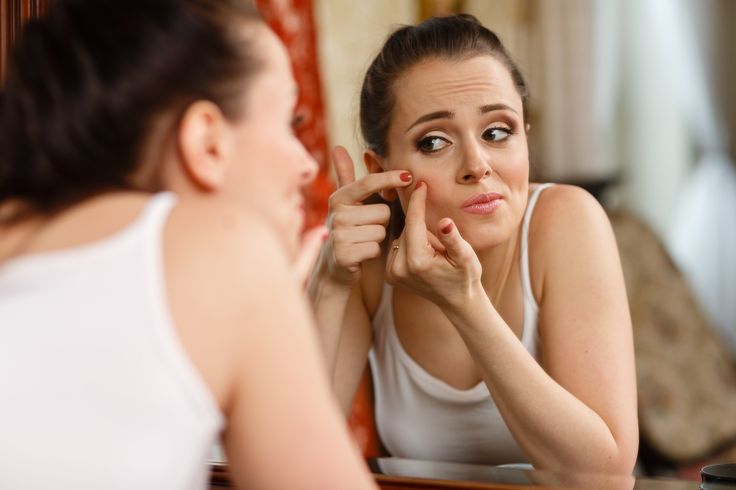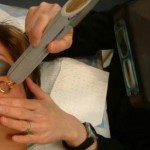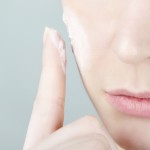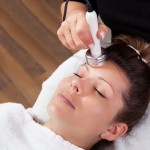Everyone has suffers the odd pimple or two, but for many, acne breakouts can impact their whole life. Acne doesn’t only affect your looks – it can damage your confidence and impact on your happiness. So what is acne, who gets it and why?
What is acne?
Acne is a skin condition essentially caused by an imbalance of oil (sebum). Just under the skin’s surface are small sebaceous glands that make sebum, keeping your skin moisturised and smooth. The sebum comes to the surface through tiny holes (pores).
However, rise in androgens (male hormones) during pregnancy and fluctuations in hormones can stimulate the oil glands and cause excess sebum to be produced. Too much sebum causes the pores to be blocked. If this happens below the skin, you get what’s commonly known as a whitehead, whereas if the blockage reaches the air, it becomes a blackhead. And when bacteria find their way into the surrounding tissue, it can result in small red bumps (papules), large red bumps (inflamed nodules) or pus-filled pimples (pustules). As a rule, the more sebum you produce, the worse acne is likely to be.
The biggest challenge with acne is that it affects those parts of your body that are difficult to hide: your face, shoulders, upper back and chest. And it’s not something that goes away in a couple of days; acne can last for years, fluctuating in severity depending on various factors.
Who gets acne?
Acne is widely thought of as a teenage problem. Around 80%-90% of teenage girls and boys suffer from acne to varying degrees. Usually, it starts two years before puberty.
But it’s not necessarily something people always grow out of. Some sufferers never do, instead continuing to suffer from acne long into their 30s, 40s and even 60s. In adults, acne is more common in women over 30, some of whom may never have experienced the condition before.
So what causes acne?
There are lots of reasons you might suffer from acne, including:
- You’re genetically predisposed to the condition
- Hormonal fluctuations due to puberty, menstruation or stress
- Hormonal conditions, such as polycystic ovary syndrome
- Oil-based cosmetics, sunscreens or creams
- Hot and humid environments
- Working with oil and grease
- Some medications, such as steroids, certain contraceptive pills and epilepsy treatments
Despite what people think, there is no direct link between chocolate and acne. In fact, dietary factors are proven to only affect a small minority of acne sufferers. So what’s behind the myth? It could be because some people eat chocolate as a comfort food when they are dealing with emotional issues or stress – which can impact acne. However there are possible linkage between high sugar intake and acne.
The good news is acne can be effectively treated and scarring can be minimised. Tune in for our next blog where we will look at effective treatments for acne sufferers.







